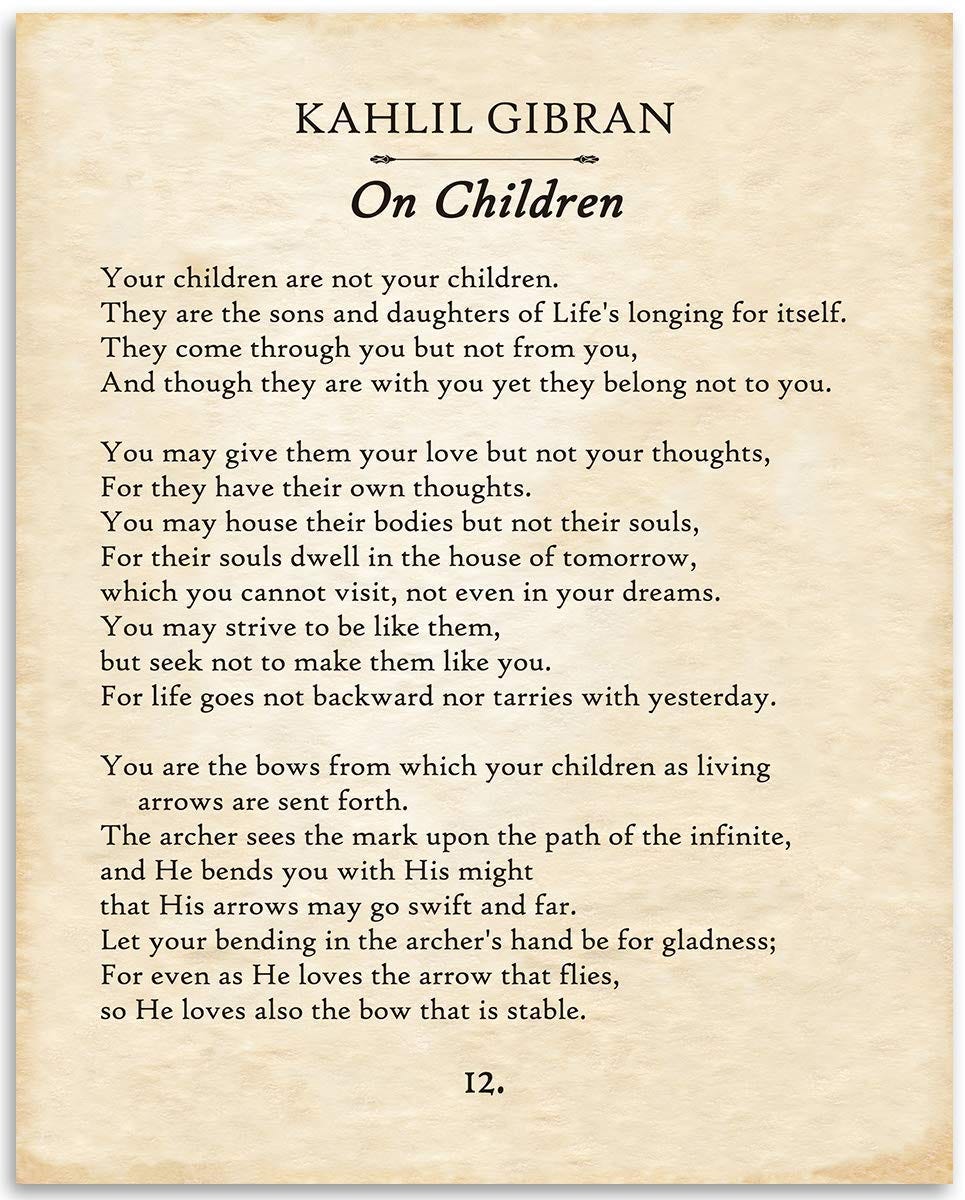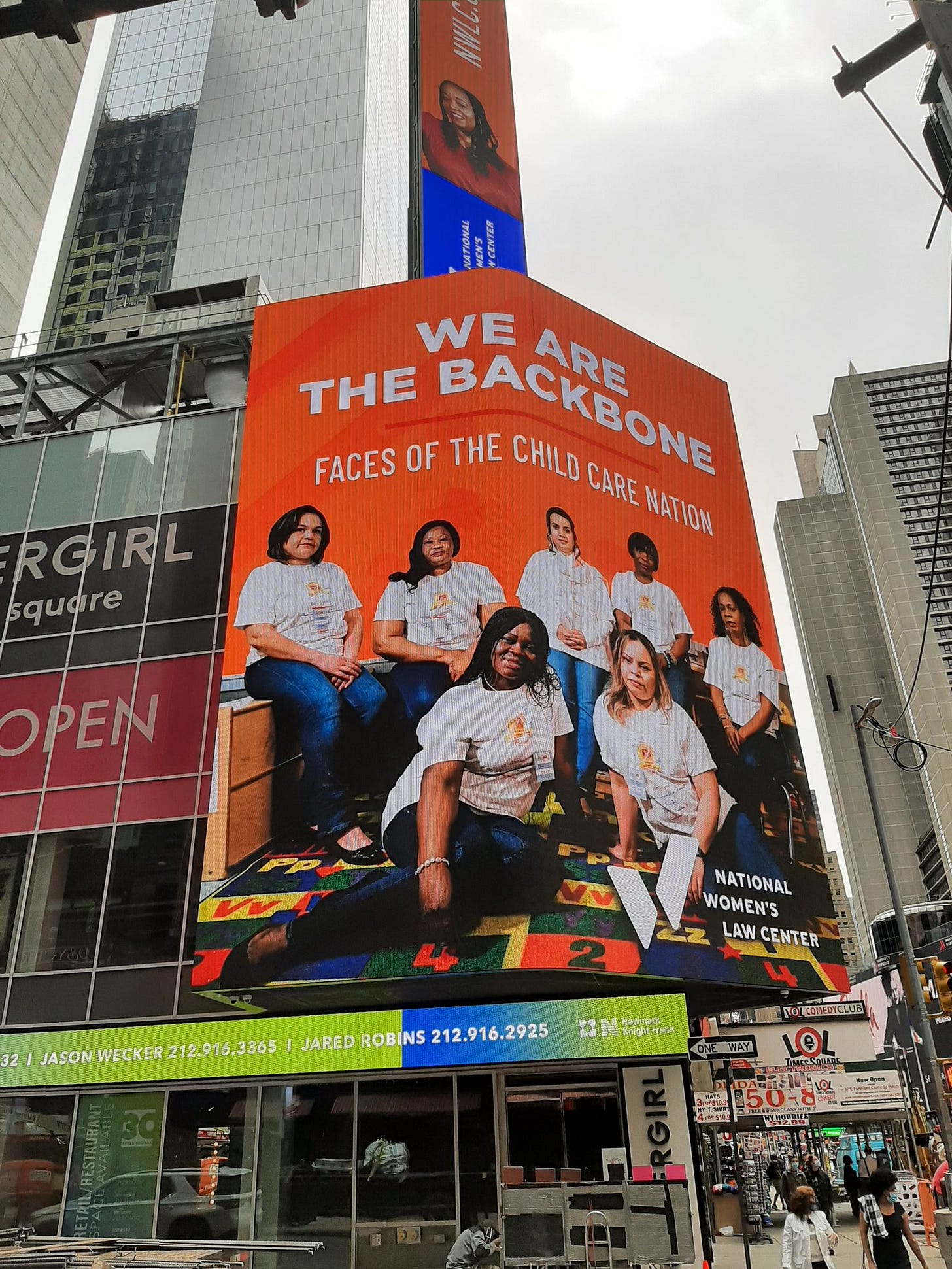Small Talks, No. 12
May 28, 2021
Welcome to the twelfth edition of Small Talks. Every Friday, I highlight 6 areas of weekly joys and reflections in early childhood and the whole family. Small Talks leverages my experience at the intersection of education, philanthropy and impact investing. Enjoy!
What I’m celebrating —
Listening to the wisdom of Dr. Jack Shonkoff in at the Harvard Center on the Developing Child in “The Brain Architects”. Jack is one of the most sought-after thinkers and framers in early childhood development- and someone I am proud to call a mentor and friend. The podcast highlighted some critical messages.
“I think we’ve learned simultaneously that we are all in this together and we all have shared vested interests and we are not all in this with equal resources and equal assets. So going forward, I think the health of our society depends upon the extent to which we see all of us as having a shared investment in the well-being of each other.”
“Right now, in the early childhood world, most of our resources, most of our energy is focused on children, their families, and adults who work in programs that provide essential services—and there is a lot that can be done to improve life prospects for children. But, at some point, we’ve got to think about how we go upstream and how do we prevent the things that are causing the problems rather than just figuring out how better and better to kind of treat or help people cope with things that ultimately have to be prevented.”
Special thanks to EdSurge for publishing my latest piece “Education Has a Three-Headed Crisis. Mental Health Is Only Part of It” for #NationalMentalHealthMonth 2021 on our three-pronged crisis of mental health empathy/connection and creativity/play. Please let me know what you think.
This picture celebrating early educators and our child care nation…
What I’m listening to —
This great podcast “No one is coming to save us” about child care with both funny and outrageous moments - Episode 3 highlights a child care system that effectively pays itself in Quebec, covers our military system, and corporate child care at Patagonia.
A remarkable podcast “Can We Finally End School Segregation” on racial integration and then re-segregation in Sausalito.
What I’m reading —
Making It: What Today's Kids Need for Tomorrow's World by Stephanie Malia Krauss highlights the four critical "currencies" that children need in our modern word: credentials, competencies, connections, and cash. Please also read a good exchange with Julia Freeland-Fisher at the Christensen Institute.
A bit more “brainy” - Emotions, Learning, and the Brain: Exploring the Educational Implications of Affective Neuroscience by Mary Helen Immordino-Yang is a foundation book by on why emotions are foundational to learning. One of the fascinating chapters looks into two functioning men without a brain hemisphere (removed due to seizures) and how they compensated.
What I’m watching —
This TED Talk “Kids Can Teach Themselves” by Sugata Mitra is not new and has millions of views, but remains thought provoking with its experiment of a the hole in the wall and the power of self-organized learning.
What I’m learning and exploring more deeply —
Important new brief “Moving Upstream: Confronting Racism to Open Up Children’s Potential” from Harvard Center on the Developing Child that connects racism and the science of child development.
Interesting data on homeschooling: 4x increase in African American and 2x increase in Hispanic families.
Mark Swartz, a contributor at Early Nation, is an inspiring writer. His latest piece is, yet again, outstanding - “7 Top Takeaways from the Talk: Kathy Hirsh-Pasek’s “Reimagining Education”.
Good article summarizing the politics behind the child care debate over the past 50 years
Student parents are elevated in the Atlantic, thanks to Nicole Lynn-Lewis, CEO/founder of GenerationHope and author of Pregnant Girl. She highlights that the higher-education system is designed for childless students who come to college right out of high school, and full of unnecessary obstacles for parents seeking a degree.
A new study by Ascend at the Aspen Institute and JED Foundation highlights mental health issues and solutions for college students, and student parents in particular.
In Just Two Decades, U.S. Drops From Second To Sixteenth In Percentage of Young Adults With A College Degree. For the most part, other nations have been catching up, but the U.S. system also has room for improvement.
Poem I am pondering —

Feedback is a gift. Which part above is your favorite? What did I miss? What do you want more or less of? Other recommendations? Please kindly let me know. Thank you to all of you who are sending me amazing suggestions.
If you enjoy this newsletter, please help spread the word by sharing with your friends, colleagues, and networks.
Have a wonderful week. Please stay safe and care for each other.
Isabelle






